Every year, Juneteenth opens new doors for descendants of enslaved people, who dive deep into their family histories.
Experts have noted a significant surge in visits to poignant “sites of memory” linked to enslavement, sparking a powerful journey into the past.
A Digital Doorway to the Past
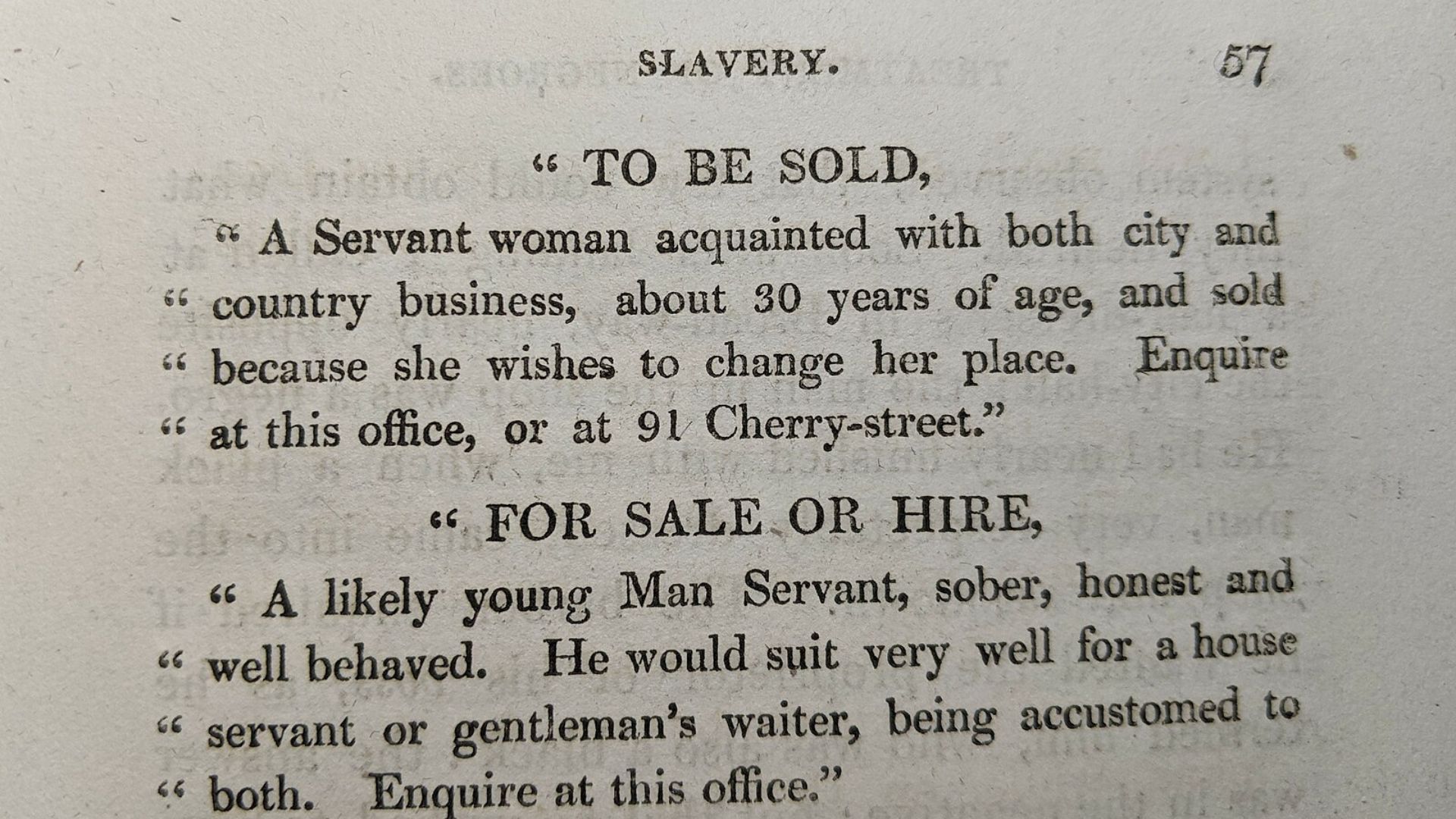
The explosion of online resources—thanks to AI, DNA testing, and genealogy websites—has revolutionized the way descendants access historical family documents.
It’s an unprecedented era where piecing together family trees has become more accessible than ever.
Mapping Memories
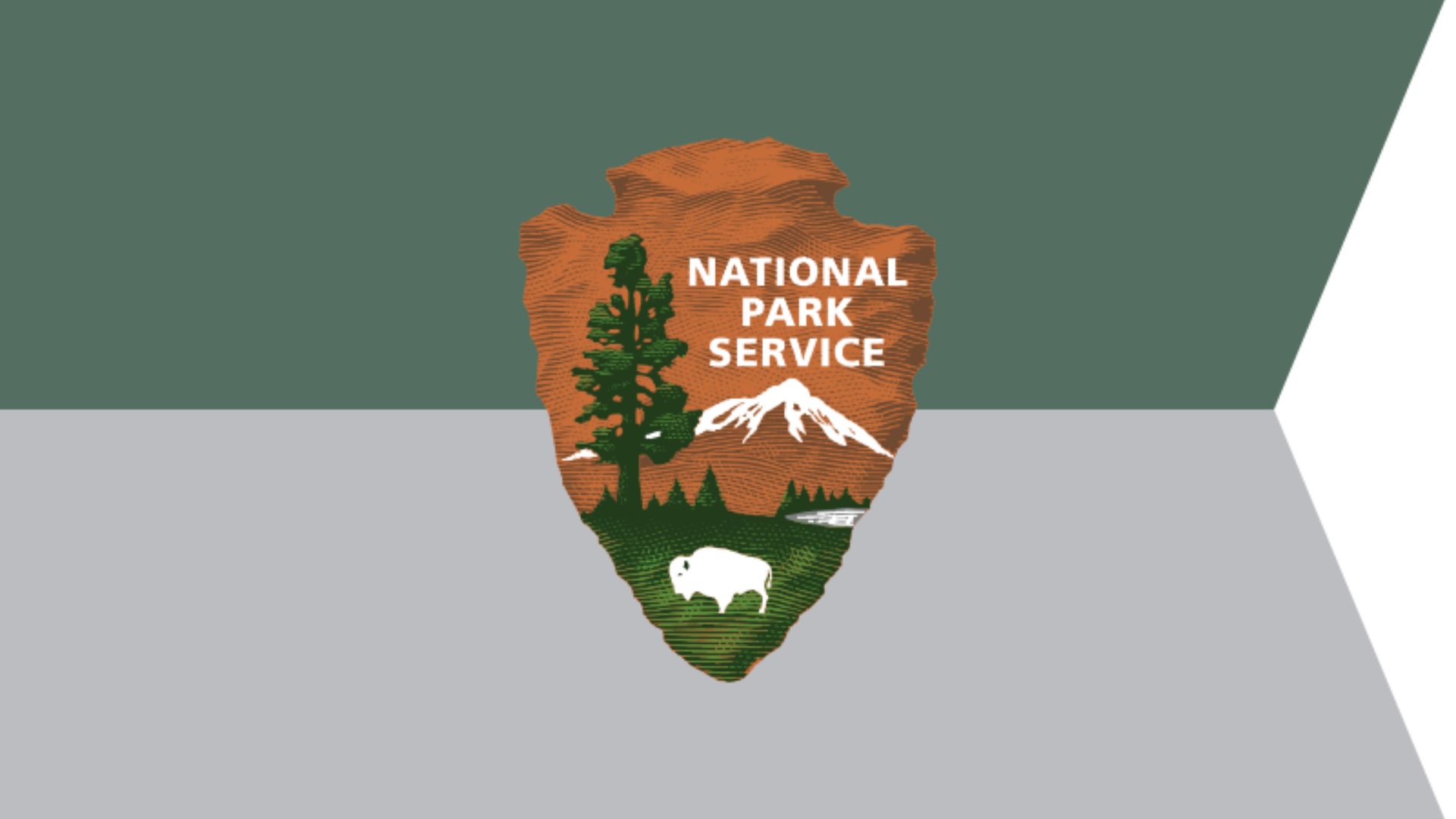
Organizations like the National Park Service and various nonprofit groups have improved the way historic sites of enslavement are mapped.
This effort aids families in connecting more tangibly with their history, visiting places that narrate the stories of their ancestors.
Celebrating Liberation and Legacy
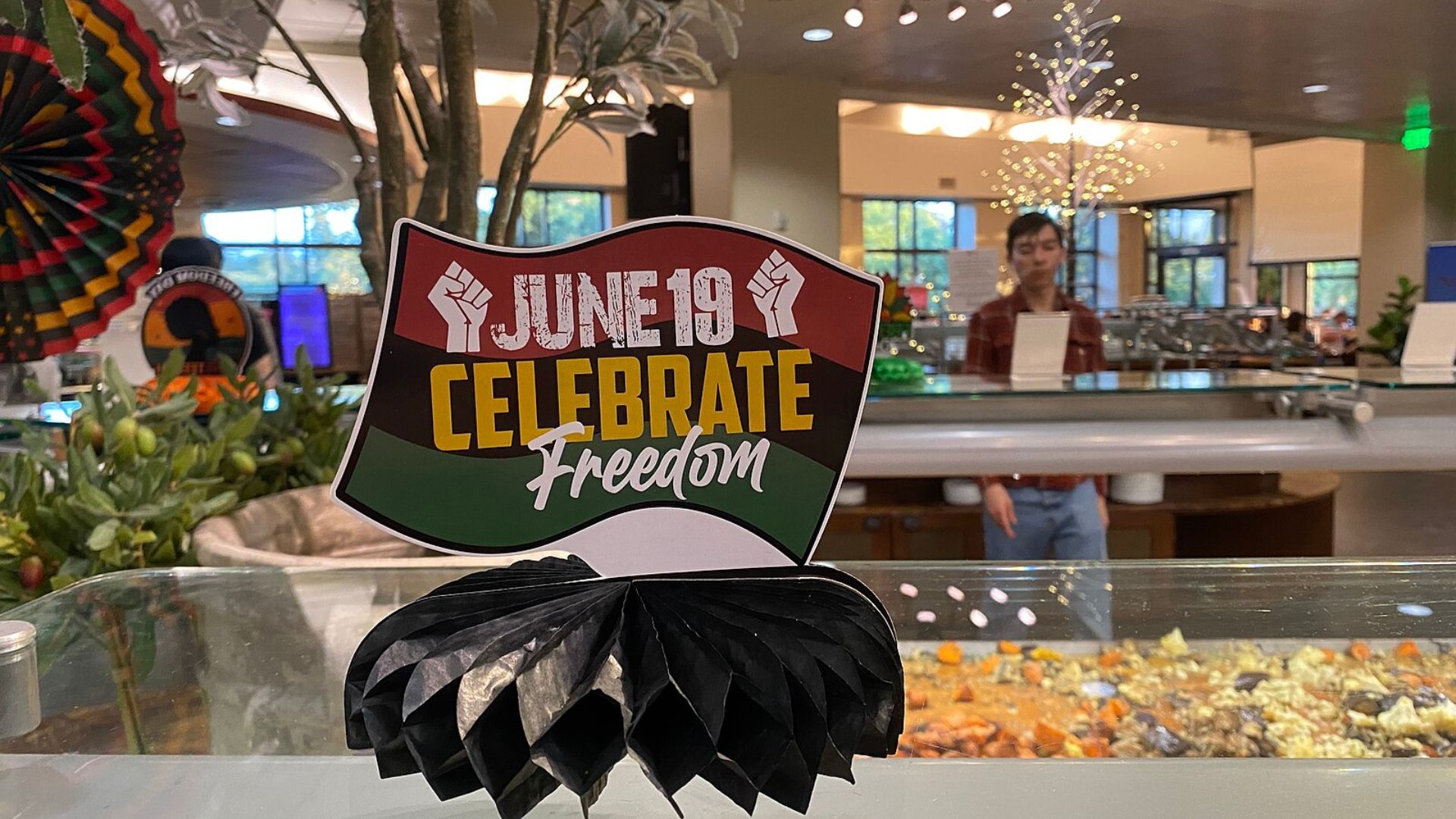
“By celebrating Juneteenth, we honor our future and tip our hat to a past that speaks to a liberation or freedom tradition,” says Samuel Livingston, a professor of Africana Studies.
This dual focus shapes a unique commemoration.
Racial Reckoning and Reflection

The widespread recognition of Juneteenth gained momentum following the murder of George Floyd.
This period of racial reckoning inspired many Black Americans to delve into their familial pasts, exploring deep and often painful histories.
Unearthing Harsh Truths
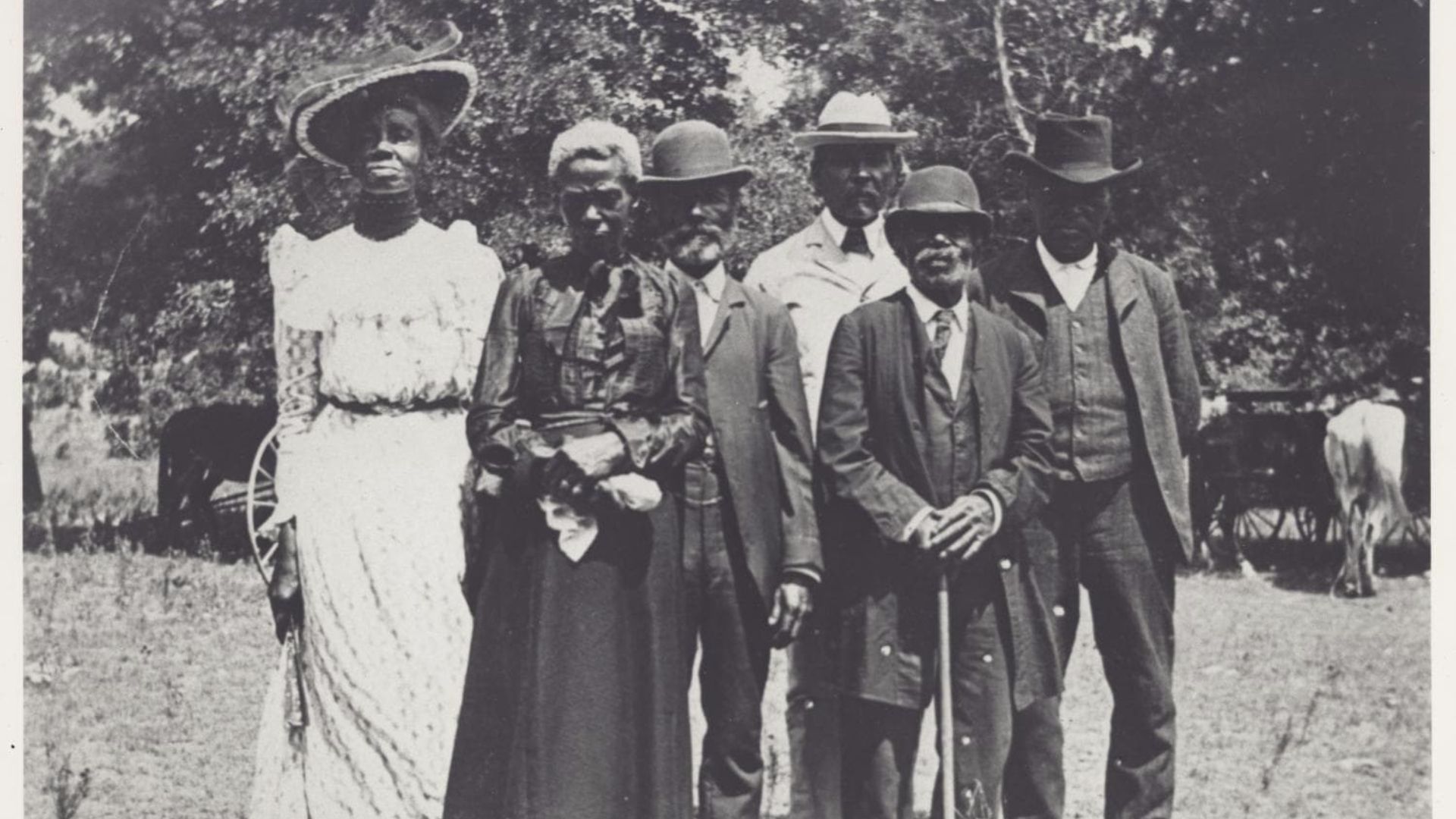
Families are uncovering documents detailing how ancestors were traded, revealing heartbreaking stories of families torn apart.
These discoveries are emotional yet crucial in understanding one’s roots and the resilience of those who came before.
Stories of Escape and Emancipation

The narrative doesn’t end with enslavement; many are also finding tales of escape and lives rebuilt post-emancipation.
These stories of strength and survival add a profound layer to family histories, painting a fuller picture of their ancestors’ lives.
Harnessing Technology to Heal
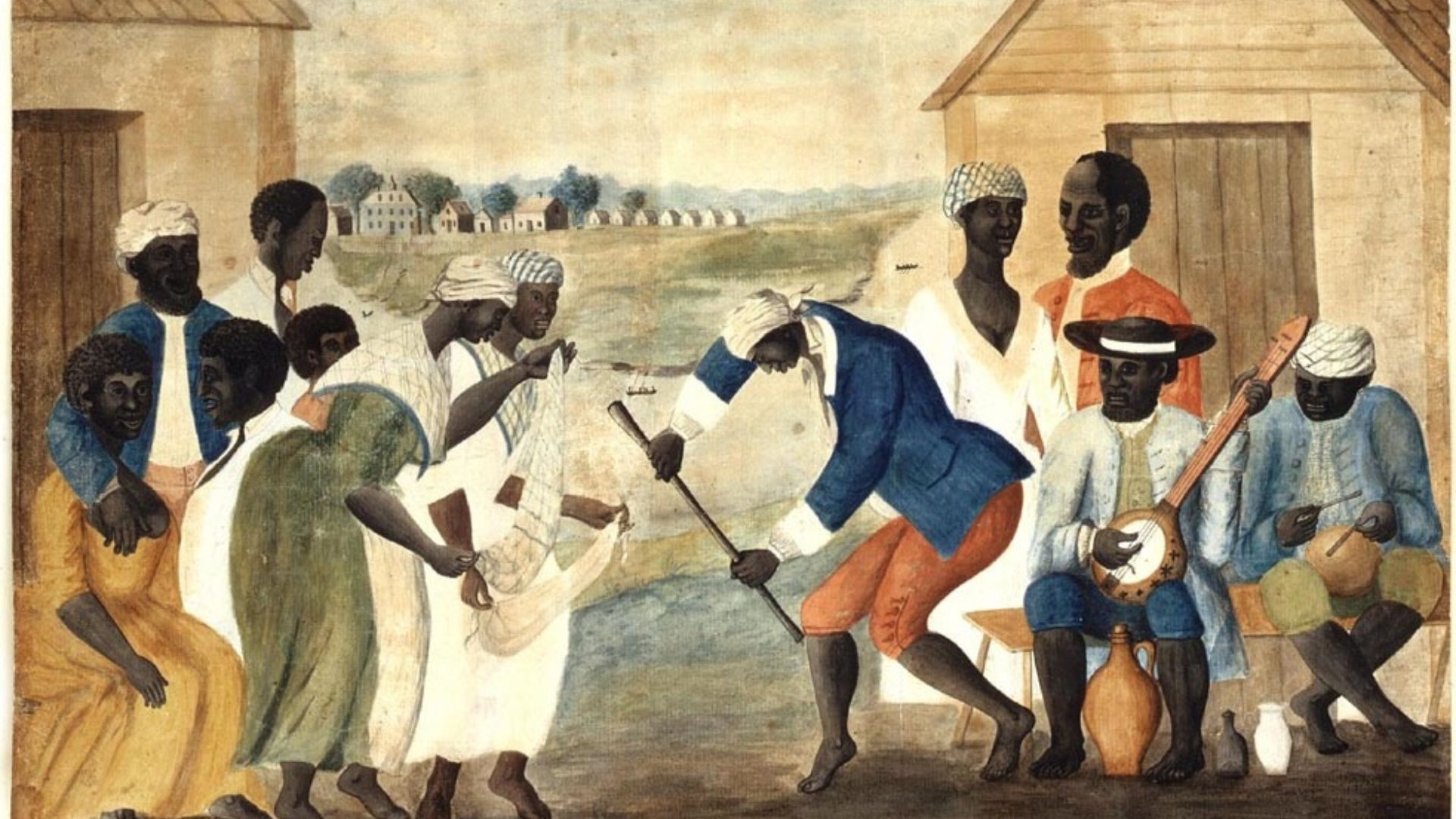
Thanks to Ancestry’s efforts, including making newspaper records from before 1870 freely available, descendants can search for relatives’ names connected to over 183,000 enslaved people.
AI technology plays a crucial role in piecing these puzzles together.
A Database of Lives
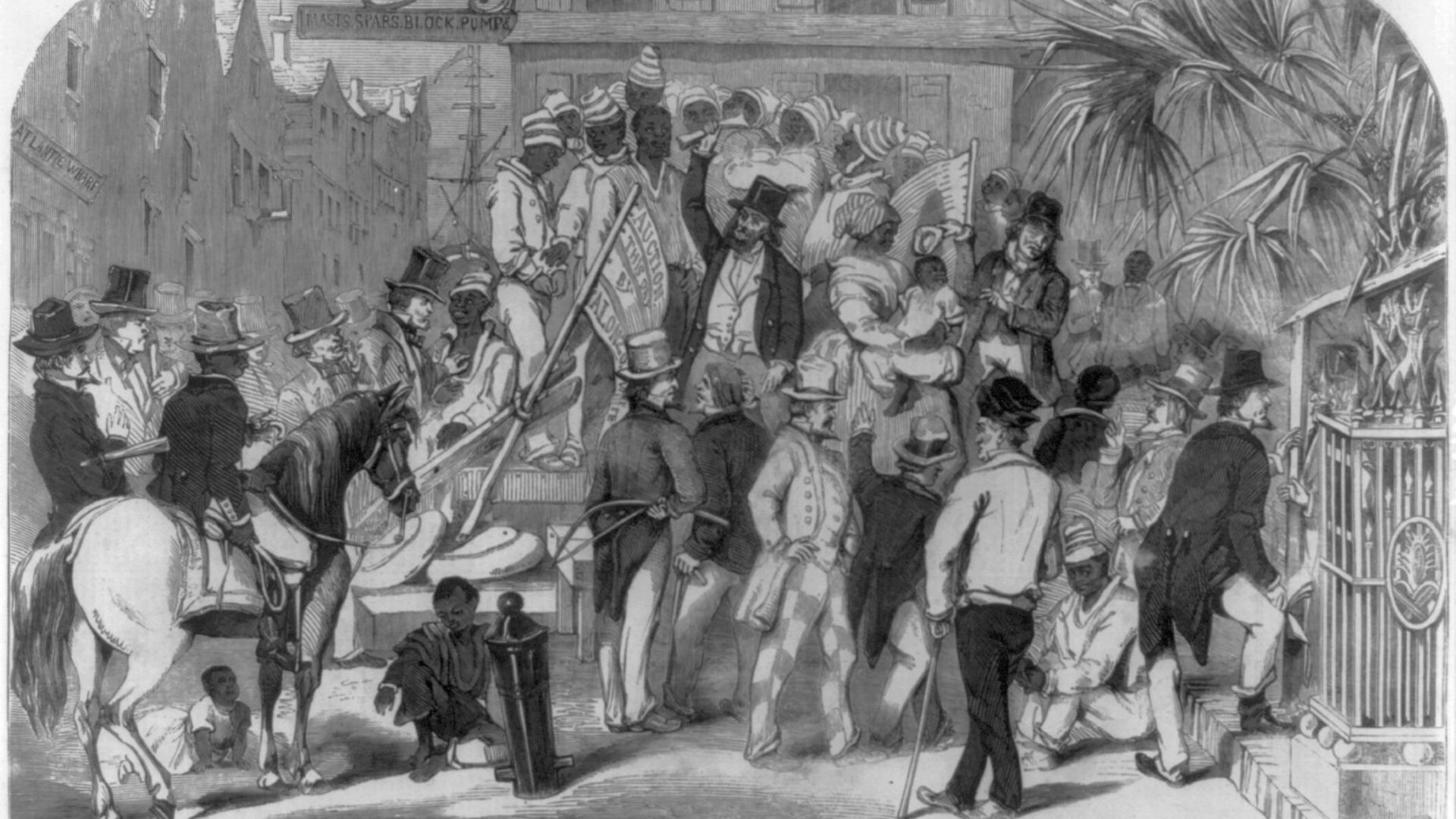
Michigan State University’s Enslaved.org offers a massive database with millions of records.
These documents chronicle the lives of enslaved Africans and their descendants, providing a substantial resource for personal and academic research.
Visiting Historic Sites Today

About 4,000 plantations and other historic sites related to slavery are accessible to the public.
Families visiting these sites can literally walk in the footsteps of their ancestors, adding a deeply personal experience to their historical understanding.
The Challenge of Representation
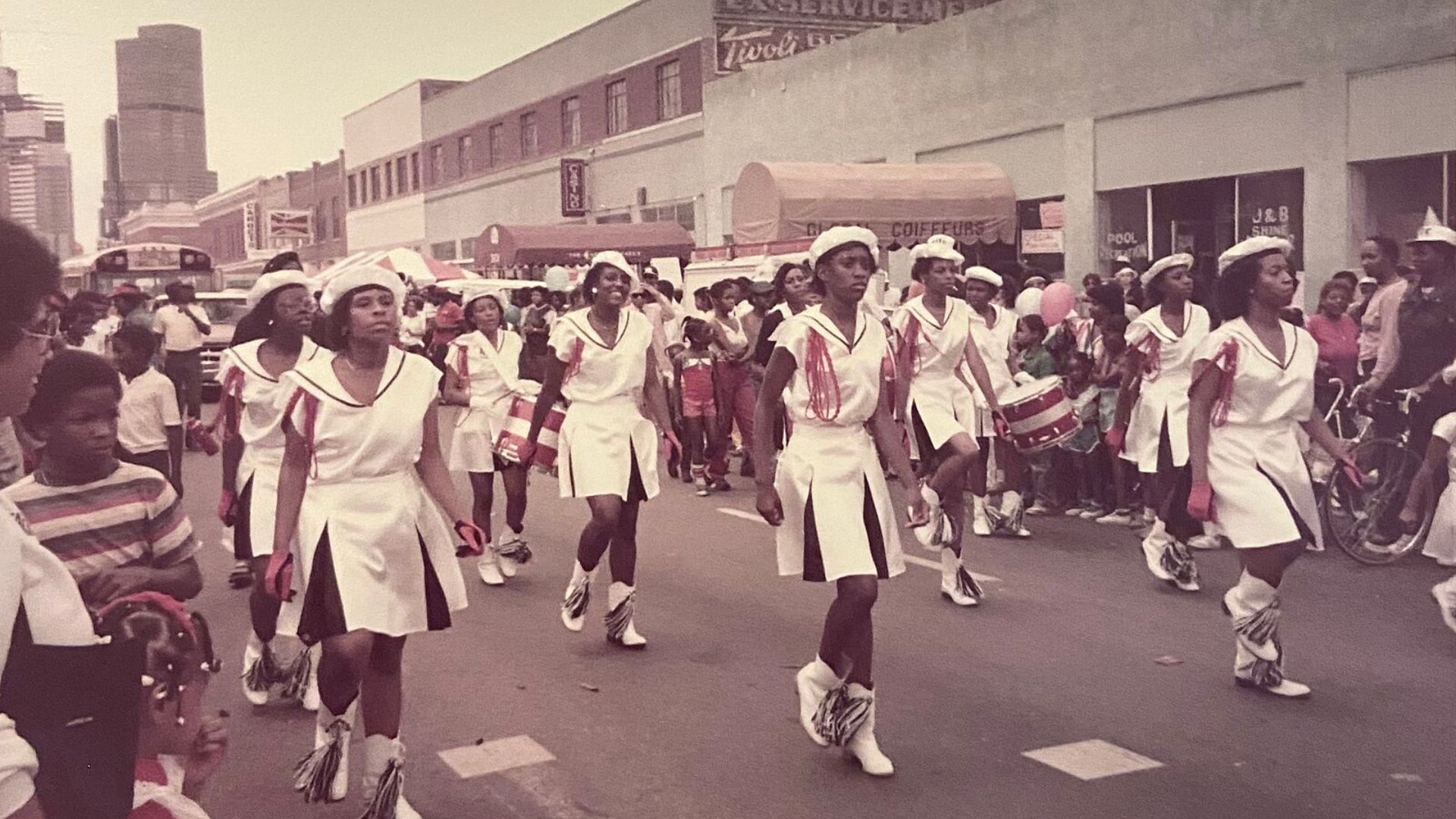
Despite the availability of these historic sites, many still downplay or ignore their histories of enslavement.
This silence can obscure the full stories of the enslaved, presenting a sanitized version of history that many are now challenging.
Juneteenth’s Deep Roots in Texas

Juneteenth has long been marked by vibrant celebrations in Texas, commemorating the announcement of emancipation by Major General Gordon Granger.
This tradition of parades, cookouts, and concerts continues to grow, fueled by a collective spirit of remembrance and hope.
